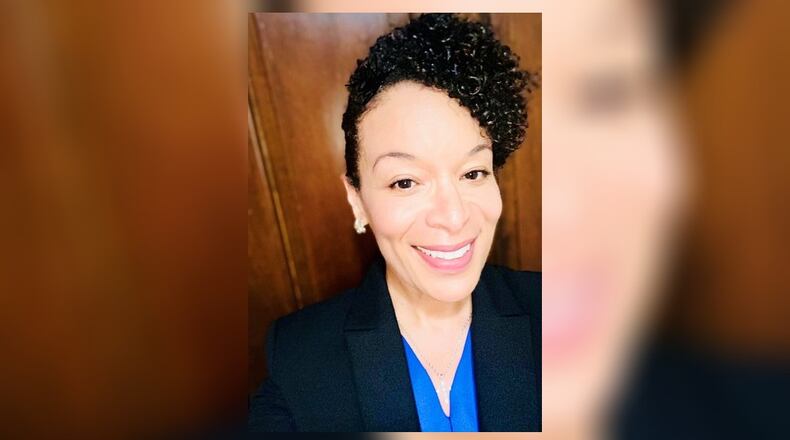Once again, my district is stepping up with a program that has been highly effective in addressing the types of challenges that contribute to teachers’ stress. According to Darnissia Jenkins, Multi-tiered Systems of Support Specialist (MTSS) for Sycamore Community Schools, Schoolwide Positive Behavior Interventions and Supports (SWPBIS) is “rooted in day-to-day relationship building.” She explained to me, “It is not an initiative, but rather a culture, and when implemented with fidelity, the benefits are significant for students and teachers.” With reduced “discipline referrals, disciplinary actions” and bullying, students can focus on academics, alleviating many of the ongoing concerns of educators who are considering leaving the field.
However, many educators feel overwhelmed at the mere prospect of rolling out another program. For teachers who already feel exhausted and on the edge of burnout, a program that demands such investment may appear to be just one more thing they are being asked to do.
To this, Darnissia Jenkins responded, “It is certainly not just one more thing, it’s all a part of the same thing,” adding, “It’s for kids –– let’s not lose sight of why it is that we became educators. The culture that we seek to create utilizing SWPBIS is great, effective, and efficient.”
Moreover, educators benefit from implementing the SWPBIS model with fidelity more than they suspect. Research shows that its positive effects extend not only to students, but to teachers as well. According to Ross et al. in a 2012 study for the Journal of Positive Behavior Interventions that surveyed 184 teachers across 40 elementary schools, teachers in “schools implementing SWPBIS with fidelity had significantly lower levels of burnout and significantly higher levels of efficacy.” What’s more, teachers in schools with lower income populations tend to reap the most benefits.
At times, it seems teachers are so focused on student outcomes they lose sight of the role their own wellbeing plays in these outcomes. For those of us in the early stages of implementation, I’m hoping we do not lose sight of the end goal. The SWPBIS model has the potential to offer systematic support, giving teachers a way to “maintain effective educational efforts and mental wellness” in the face of the mounting challenges of teaching in the current climate.
Dr. Geneá G. White is a veteran educator who currently works for Northridge Local Schools and is a dedicated member of the National Association for the Education of Young Children.
About the Author
